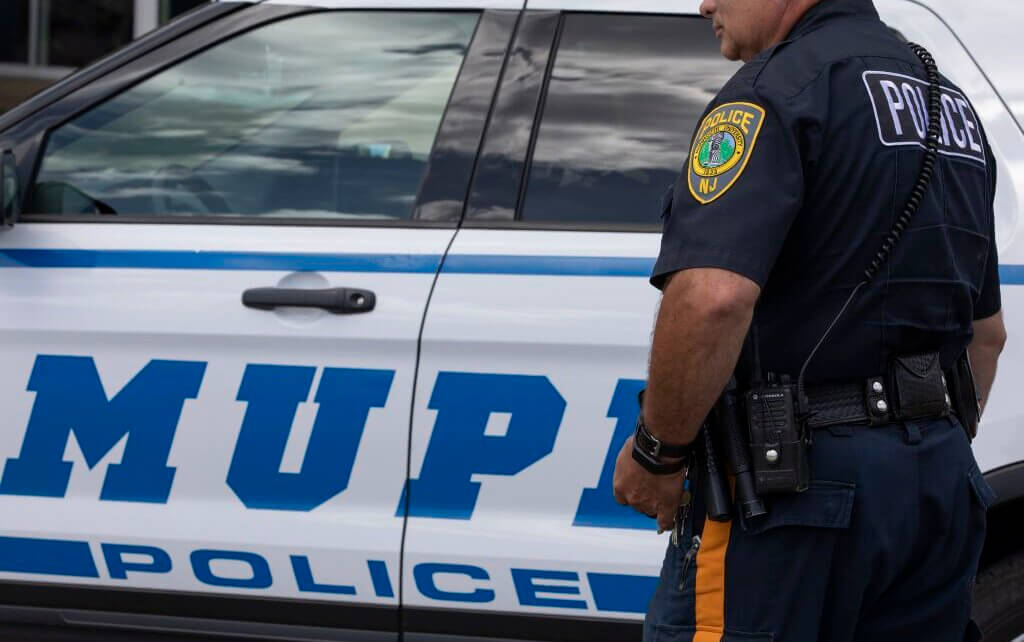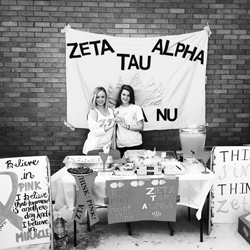Monmouth University’s Police Department (MUPD) hosted a virtual meeting about personal safety and security on Thursday, Oct. 20. The online forum was made available to the entire campus community, advertised as an opportunity to discuss topics related to crime prevention, community caretaking, and self-awareness with MUPD police and safety officers.
Carlos Ortiz, MUPD’s Chief of Police, prompted this discussion with community members via email, asking the audience to share their thoughts, questions, and ideas on how to maintain a safe campus.
This initiative follows the University’s recent release of its latest Clery Act report, which revealed that several instances of rape, criminal sexual contact, and domestic violence were reported on campus and surrounding public property between 2019 and 2021.
As reported by The Outlook in its Oct. 12 issue, “The University recorded five rapes in 2019, one in 2020, and three in 2021, totaling nine rapes over a three-year span. Seven instances of criminal sexual contact and 11 cases of domestic violence were recorded over this same time period.”
Ortiz’s presentation described responsible attitudes that can help reduce the opportunity for criminal activities.
He started, “If you are working late, offer to walk with someone, or ask, ‘Hey, what time are you leaving today, do you mind if I wait for you?’”
Ortiz emphasized the importance of not walking alone during certain times of the day and around specific areas. “Whenever possible, do not freely expose yourself to the action of delinquents by strolling unaccompanied through secluded places or at late hours.”
According to Ortiz, MUPD has a responsibility to maintain a safe campus and provide security for staff, employees, and students; however, it is also the responsibility of the people to practice self-awareness and take care of each other.
“The key to preventing criminal opportunity is self-awareness— it is extremely important to understand what is going on around us and how we react to certain things…We need to trust out ‘good instincts,’ and if someone sees something that doesn’t feel right or seems outside of the norm, they should call the University police and report it for further investigation,” continued Ortiz.
In addition to being alert to one’s surroundings, Ortiz also noted that people can call MUPD to be escorted to their cars to feel safer.
Police Officer John Mesica mentioned another aspect of people’s lives that could compromise their safety: cell phones.
“It is important to not preoccupy ourselves with electronic devices…In this day and age, we are so attached to our cell phones, and so many people leave the buildings and walk to their cars with their heads down. Somebody could be watching you, and you wouldn’t know.”
Similarly to Ortiz, Mesica also expressed the importance of reporting something, even if one feels as though it is not within their business to do so. He said, “One of the biggest mistakes people make is believing that it isn’t their business to report something suspicious.”
He added, “We don’t want to be in people’s business, but if you see something, say something.”
Safety Officer Buffy Drewson touched on the importance of securing one’s valuables and familiarizing oneself to the emergency exits of campus buildings. “It is imperative that you keep doors and storage areas locked, and don’t leave your laptops or other personal belongings out, even if you are just visiting the bathroom.”
“Be aware of all exits. It is so important, no matter where you are, and let people know your whereabouts. We need to be vigilant,” Drewson continued.
Ortiz added, “How vigilant are we? How aware are we? Can we notice everything every day? Probably not, but, if all of us practice self-awareness, we can have multiple eyes and therefore multiple points of identifying things throughout campus.”
Lisa Kmak, Office Coordinator for the Department of Student Life, asked the panel if the University had any intentions or plans for adapting community members’ digital IDs to gain access to campus.
Ortiz responded, “It is a really good point of control, so the answer is yes. Right now, it’s a matter of sitting down and looking at what systems are in place. It would definitely move us toward being a more technologically driven institution.”
Towards the end of the program, Ortiz emphasized that while the information presented may seem basic, these are important reminders everyone should hear.
“This is a safe campus. A lot of the smaller things could have been prevented, but for the most part it is a safe campus, and I think that we owe that to everyone’s work here for our students,” concluded Ortiz.



